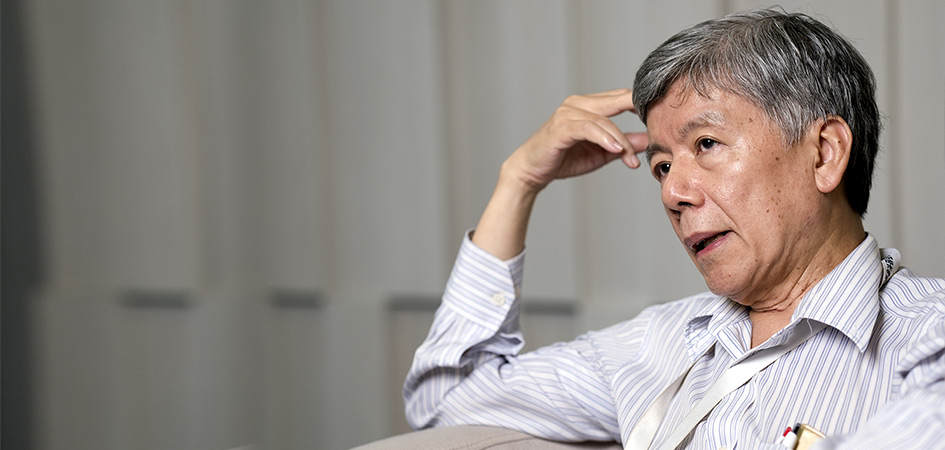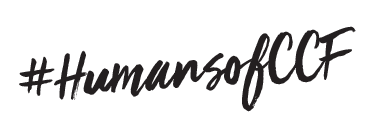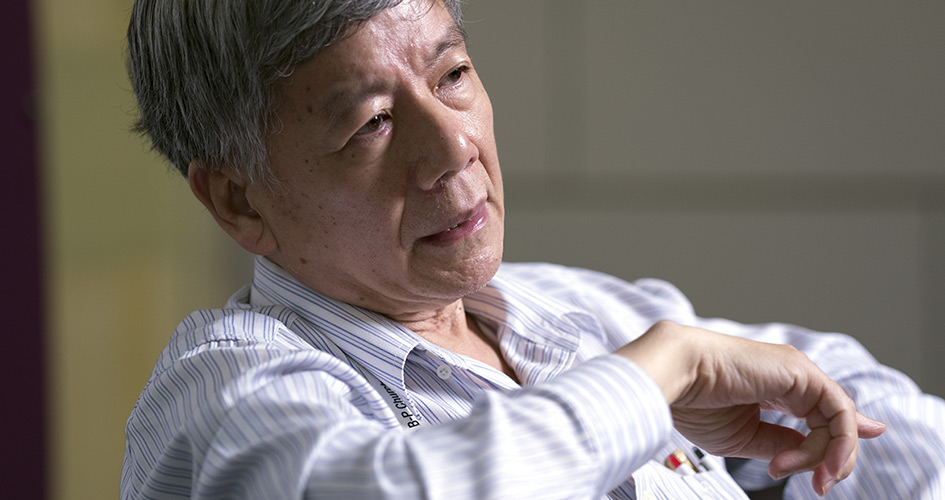Over two decades ago, Associate Professor Quah Thuan Chong did a paediatric oncology attachment in Australia. There, he had his first experience of a tumour board meeting, a routine in all well-established oncology departments where experts gather to discuss the management of patients with cancers. Prof Quah was struck by the large number of people in the room.
Besides the presence of doctors including oncologists, surgeons, pathologists and radiologists, there were also nurses, psychologists, physiotherapists and play therapists at the meeting, coming together to determine the best treatment for the patients.
“Back in Singapore, as the only oncologist in those days, I would only be talking to myself!” said Prof Quah, who is the Head and Senior Consultant at the National University Hospital’s Division of Haematology and Oncology.
Then a Paediatrics Registrar at the National University Hospital, he was used to wearing multiple hats, playing the role of counsellor, ‘play therapist’, and an all-round ‘advisor’.

So when Dr Tan Hiang Khoon, Founder of CCF who was then a trainee surgeon in the National Cancer Center, broached the idea of a dedicated paediatric oncology service that could provide the various facets of care for young patients, Prof Quah was excited.
“You want to do justice to the kids, give them the best care you can. These kids need something extra besides a conventional paediatric ward,” he says.
Besides medical treatment, Prof Quah also devotes his time to patient education - making family members, and even the patients themselves, key players in the cancer journey.
For instance, an expected side-effect of chemotherapy is a low white blood cell count, which increases the risk of fever and infection. Prof Quah teaches parents to understand the blood test reports, so that they would know how to respond when their children have fever. “This is important because in many places, the mortality rate from infections (secondary to chemotherapy) is often higher than that from the cancer itself,” says Prof Quah.
Prof Quah says: “God has put me in the best job that I can think of - being able to help the kids and families in every way I can – which I can only do so as I’m surrounded by so many good people, who have all played a big part in doing their best for them.”



